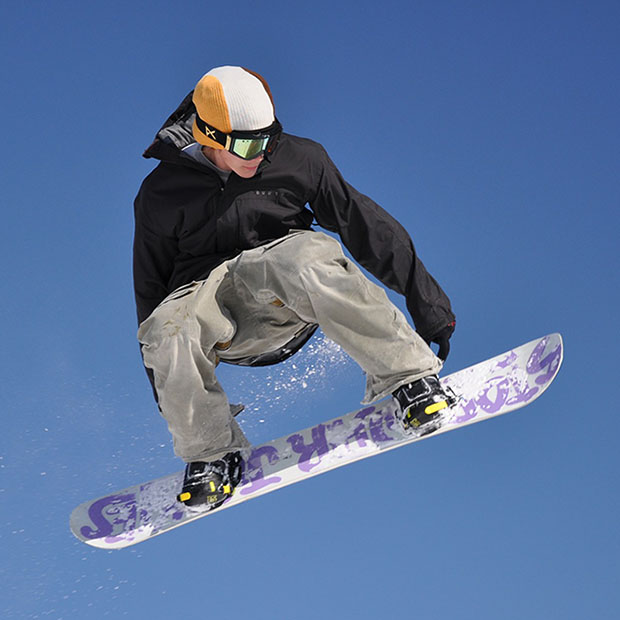Protecting Your Eyes in Winter Conditions

We might get more hours of daylight in the summer, but sunglasses are important in winter too!
Harmful UV rays can do just as much damage on a snowy mountainside as on a sandy beach. Our skin might be protected by layers of snow gear in winter, but our eyes are still vulnerable if we aren’t careful to wear the right eye protection.
Winter Dry Eye and the Dry Winter Air
Winter tends to be a dryer season than the others, particularly in our toasty houses and cars with the heaters running and drying the air out even more. Anyone prone to dry eye is more likely to get that gritty sensation in the winter. Good strategies for fighting winter dry eye include using a humidifier and staying well hydrated. It might be a good idea to let the seat warmer do more of the work than the heater in the car.
A Beautiful Snowy Day Hides the Danger of Snow Blindness
The winter sun can harm our eyes in a few ways. If we aren’t wearing eye protection and get too much sun on a snowy day, we can end up with a temporary condition called snow blindness. It’s the same thing that happens to welders and indoor tanning enthusiasts who aren’t using proper eye protection. Skiers and snowboarders need to be especially careful because snow reflects sunlight, increasing UV exposure to the eyes.
Snow blindness symptoms include burning and pain in the eyes, the sensation of having something stuck in them, swollen eyelids, light sensitivity, watery eyes, headaches, blurred vision, and seeing exaggerated glare around lights when indoors. The trouble is that snow blindness doesn’t always set in right away, so a skier or snowboarder might stay on the slopes for hours, getting even more UV exposure before they notice the effects.
Goggles: The Winter Athlete’s Best Friend
Unless you’re willing to stick to night skiing all winter, we strongly recommend investing in a good pair of goggles before hitting any bright, sunny slopes. Goggles offer better coverage than sunglasses, they stay in place better, they can fit over top of glasses, and you can even get them with anti-fog coatings so they don’t steam up and block your view.
Check out your options with different colored lenses, because they provide different benefits in different conditions. You can also get universal lenses that work well in all conditions.
Keep Your Sunglasses Handy This Winter
UV-blocking sunglasses are important eye protection in winter (except on the ski slopes, where we recommend goggles instead). Polarized lenses, while not ideal for skiing and snowboarding because they can make it harder to make out the contours of the snow, are fantastic pretty much everywhere else. They block the light coming in from certain angles, eliminating glare off the snow. Look for a good pair of sunglasses that block UV rays and are polarized. If you’re not sure where to start, we’re happy to help you find the perfect pair!
Come to Us With Your Winter Eye Gear Questions!
We hope our patients have an awesome winter and that you get to enjoy as many of your favorite winter sports as possible. Make sure to let us know if you have any questions about winter eye protection before you head out into the snow. We can help you sort out which features are the best for goggles or sunglasses, and we’re always here to update prescriptions when you need them!